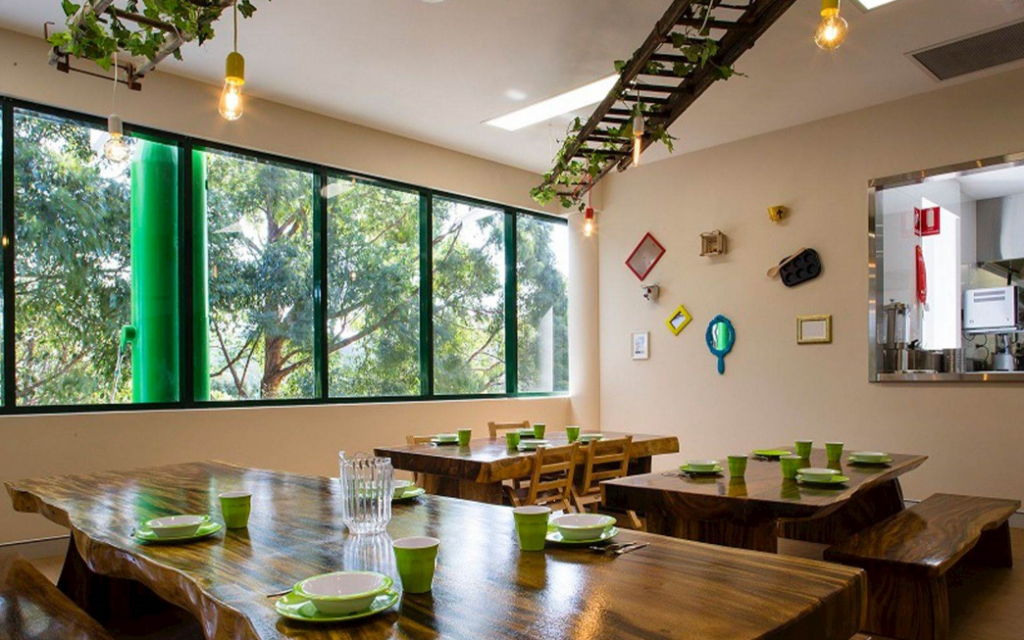Raising a child is a universal experience, yet the way it is approached varies greatly across cultures. The concept of childcare in Wheeler Heights, or the methods and practices used to nurture and educate young ones, has evolved over time and differs from one region to another. In this blog post, we will explore various approaches to childcare around the world, highlighting the unique aspects of each culture’s method.
Scandinavian Model: Emphasis on Equality and Outdoor Play
In Scandinavian countries like Sweden, Norway, and Denmark, the focus is on providing equal opportunities for all children, regardless of their background. Publicly funded early childhood education and care (ECEC) systems ensure that every child has access to high-quality care and education.
Japanese Approach: Group Responsibility and Respect for Nature
In Japan, the approach to childcare revolves around the concept of group responsibility and harmony. Children are taught to respect and care for one another, as well as their surroundings. This instils a sense of empathy and responsibility towards others.
Indigenous Cultures: Community-Based Care and Traditional Knowledge
In many Indigenous cultures, childcare is not just the responsibility of the parents but extends to the entire community. This communal approach ensures that children are always surrounded by caring adults who can guide and support them. Traditional knowledge and practices are passed down through generations, providing children with a strong sense of identity and connection to their roots.
Montessori Method: Child-Centered and Hands-On Learning
The Montessori method, developed by Italian physician and educator Maria Montessori, is a popular approach to child care in Collaroy. This child-centred approach focuses on providing children with a carefully prepared environment that encourages exploration, discovery, and hands-on learning.
Reggio Emilia Approach: Collaboration and Creativity
Originating in the Italian city of Reggio Emilia, this approach to daycare is based on collaboration between children, parents, and educators. The Reggio Emilia approach views children as competent individuals capable of constructing their own learning experiences. The environment is seen as the “third teacher,” and great care is taken to create spaces that inspire creativity and curiosity.
Conclusion
As we explore different approaches to childcare in Wheeler Heights from around the world, it becomes evident that there is no one-size-fits-all solution. Each culture brings its unique perspective and values, contributing to a rich tapestry of practices that can be adapted and incorporated to suit individual needs.

